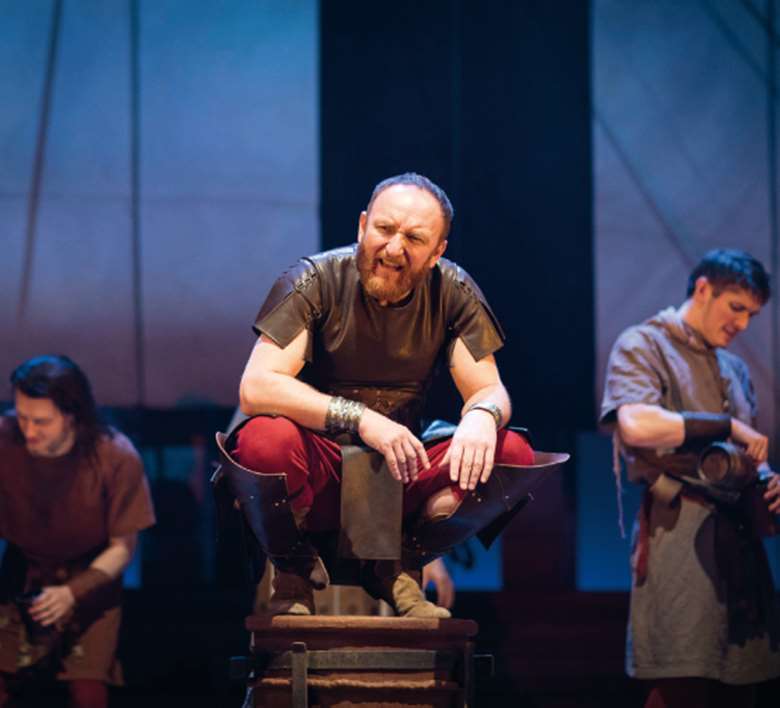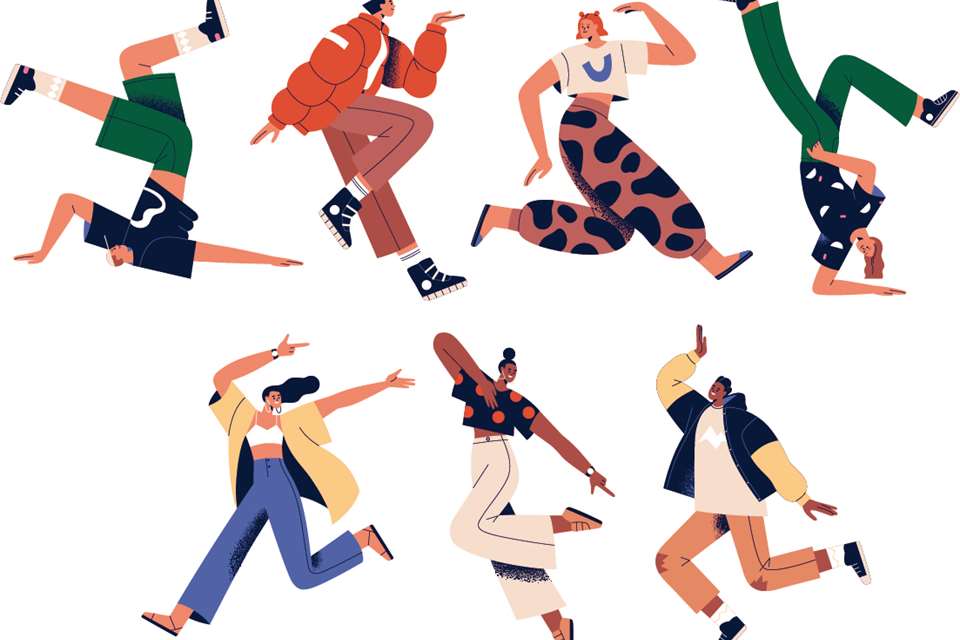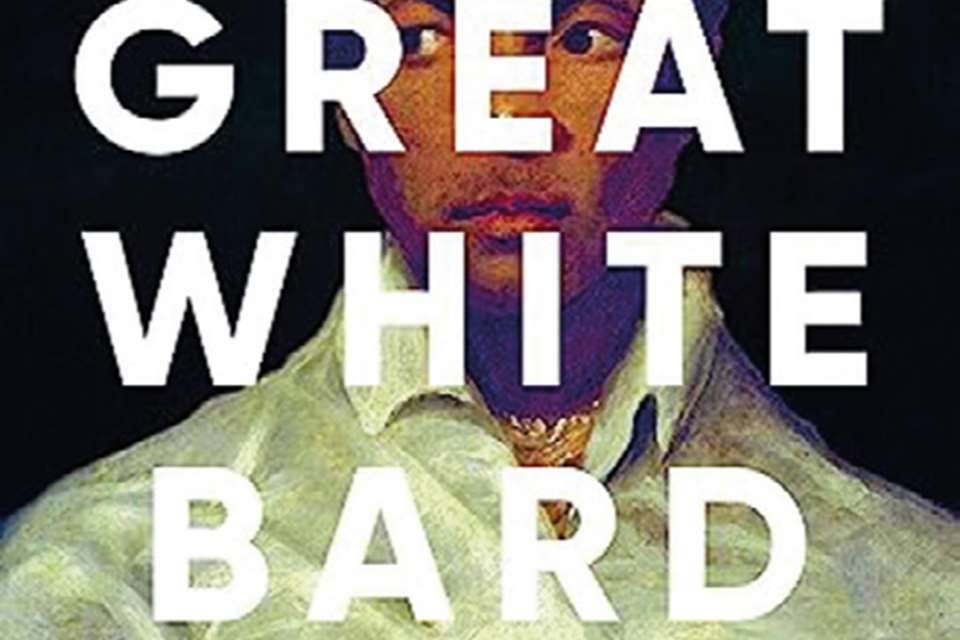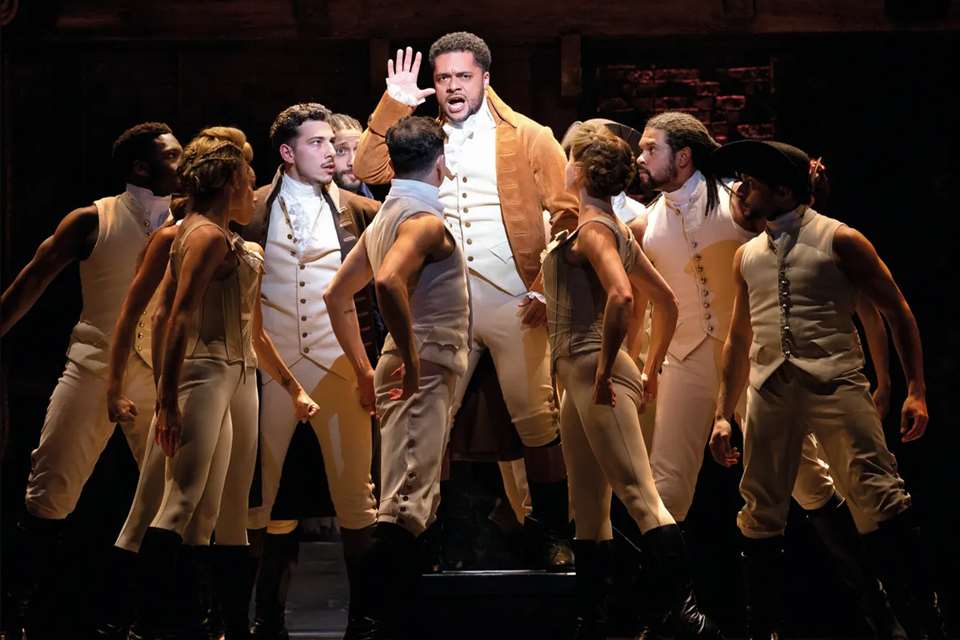Bardwatching: Autumn Term 2 (2023-24)
Freya Parr
Sunday, October 1, 2023
When it comes to the Bard, she's an inveterate twitcher. Freya Parr shares what she's spotted through her beady bardy binoculars.

Helen Maybanks
Art made tongue-tied by authority
Teachers in a Florida county will no longer be allowed to study Shakespeare plays in their entirety, thanks to legislation introduced by the hard-right Republican governor Ron DeSantis on teaching about sex. The Parental Rights in Education Act was signed into law in March 2022 but was expanded in April this year to ban all public school students in Florida from learning about gender identity and sexual orientation, unless required by existing state standards or as part of reproductive health instruction that students can opt out of.
School district officials in Hillsborough County redesigned their instructional guides for English teachers because of these revised teaching standards, deciding to only give students assigned pages and passages from Shakespeare's texts, rather than reading them in their entirety.
Cheer and great welcome makes a merry feast
The King and Queen hosted an evening at Windsor Castle to celebrate the 400th anniversary of Shakespeare's First Folio. Actors and musicians from the Royal Shakespeare Company took to the stage in the Waterloo Chamber, performing extracts from Macbeth, Julius Caesar, As You Like It, Twelfth Night, Antony and Cleopatra and The Tempest, all plays that would have been lost without the First Folio.
A copy of the First Folio is kept at the royal library at Windsor Castle. It was placed on display during a reception after the performances.
Greatest scandal waits on greatest state
Did Shakespeare actually write the plays and poems that bear his name? This is one of the topics being discussed in Elizabeth Winkler's new book, Shakespeare Was a Woman and Other Heresies, which looks into some of the more controversial theories around the beloved playwright. ‘In literary circles, even the phrase “Shakespeare authorship question” elicits contempt,’ she writes. ‘It is obscene to suggest that the god of English literature might be a false god. It is heresy.’
In her book, Winkler delves into the academic squabbles that have surrounded this conversation – and why we're so invested in believing in the story of Shakespeare. She first dove into this topic in 2019, when she wrote an essay for The Atlantic titled, ‘Was Shakespeare a Woman?’. In it, she suggested that the 16th-century poet Emilia Bassano Lanier might have been involved in writing the plays we now attribute to Shakespeare. The backlash was remarkably strong. ‘I was compared to anti-vaxxers and purveyors of disinformation. I'd never been attacked like that as a writer,’ she told the Guardian this year.
These extreme reactions made Winkler realise that she had touched a nerve with the public that was worth exploring. ‘I don't care what people believe about Shakespeare,’ she says. ‘That's not the point. The psychology of belief is a big part of the book, but what interested me was that it is about these bigger issues of authority and belief and certainty and the problem of history, how we interpret and construct the past. The authorship question actually stands for something much larger.’
Elizabeth Winkler's Shakespeare Was a Woman and Other Heresies is out now, published by Simon & Schuster.
I have a man's mind, but a woman's might
The women who have helped shape the stories of Shakespeare will be placed centre stage in a significant new project, launching in 2024. The Shakespeare Birthplace Trust has announced this major new multi-year project to explore the impact that women have had on creating and maintaining the enduring legacy of the Bard. Prompted by the 400th anniversary of the death of William Shakespeare's wife Anne (nee Hathaway) earlier this year, the trust is embarking on a project focusing on the lived experiences of the women in Shakespeare's life, including his mother Mary, his sister Joan, his daughters Susannah and Judith, and his network of friends.
The project is due to kick off in 2024 with events and exhibitions, continuing into 2025 with activities focusing on the female gaze and the women characters who featured in Shakespeare's writing, from queens and mothers to witches and murderers. In 2026, the project will shine a light on the female actors, artists, writers, readers and creatives who have brought Shakespeare's characters to life.








